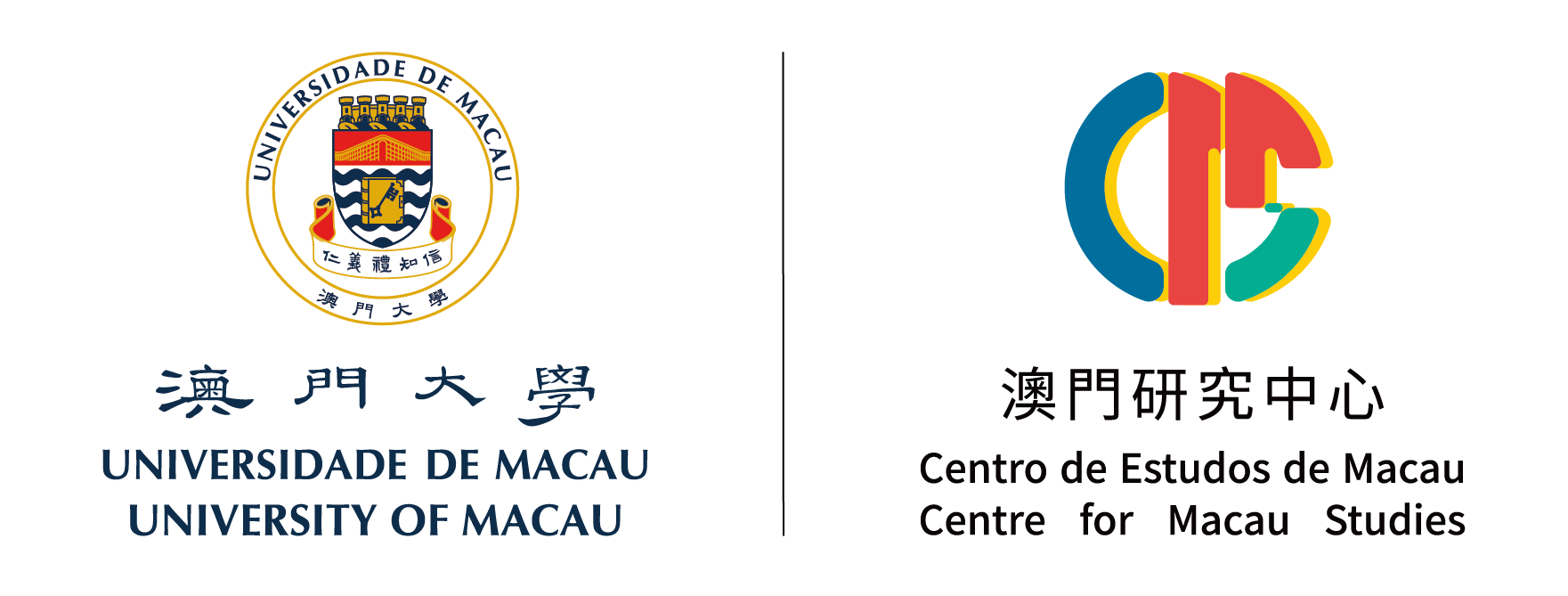The Centre for Macau Studies (CMS) of the University of Macau (UM) and the Macao Foundation jointly held the Fourth Annual Conference of Macao Studies (2024). This year’s conference, themed ‘Macao in Global China and Global Asia’, brought together scholars from Macao and around the world to discuss Macao’s role in the process of globalisation. The event also provided a platform for scholars from Macao and beyond to discuss related topics.
Speaking at the event, Ge Wei, vice rector of UM, said that Macao’s close ties with Portugal and its geographical location at the estuary of the Pearl River Delta further enhance its role in cultural exchange and international trade, making it a focal point for discussing the strategies of ‘Global China’ and the interconnectivity of ‘Global Asia’. He expressed hope that the conference would enhance participants’ understanding of Macao’s strategic position in ‘Global China’ and ‘Global Asia’.
Wu Zhiliang, president of the Administrative Committee of the Macao Foundation, expressed hope that the conference would enhance the international community’s understanding of China’s culture, system, and development, as well as Macao’s role and functions, thus promoting positive recognition of China’s efforts to build a community with a shared future for mankind.
Agnes Lam Iok Fong, director of UM CMS, said that since its inception in 2019, the Annual Conference of Macao Studies has provided a platform for scholars from around the world to engage in academic dialogue and collaboration on Macao studies. This year’s conference allowed participants to explore Macao’s role and functions in the context of China, Asia and beyond from cultural, political, economic, and historical perspectives. In addition, in celebration of the 45th anniversary of the establishment of diplomatic relations between China and Portugal, the conference featured two special forums where scholars from Portugal and Brazil presented their papers.
The two-day annual conference, which was held in a hybrid format, featured nine panels, covering topics such as ‘Global China’ and the Portuguese-speaking countries, cross-border cooperation, political and economic transformation, regional connectivity, and cultural enlightenment.





